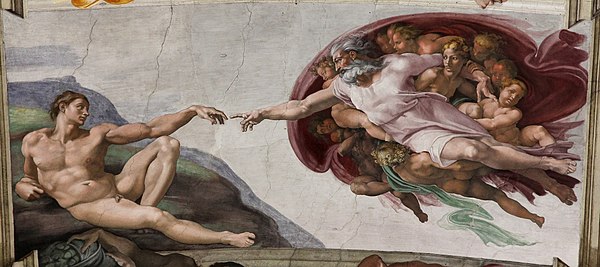Spiritual Sunday
Here’s a Richard Wilbur poem that takes me back to my journalism days. You may need a little background to understand the final word. In the old days, if one made a correction on the galleys (or proofs) but then wanted to take it back, you would write “stet,” which meant “ignore the correction.”
The poem sounds a lot like George Herbert, my favorite religious poet. Like Herbert in many of his lyrics, the self-critical speaker cannot imagine God loving him. “In the beginning was the word,” John tells us, but what does God think of his “word” when it begins to “jar and stammer.” Whatever God would have liked to see, we as free subjects have messed up God’s articulation (“loosened all his grammar”).
Yet God responds with mercy rather than with justice. One imagines Wilbur looking at the proof of his most recent collection, at first overly critical and then more forgiving. So, he imagines, does God look on us.
The Proof
By Richard Wilbur
Shall I love God for causing me to be?
I was mere utterance: shall these words love me.
Yet when I caused his word to jar and stammer,
And one free subject loosened all his grammar,
I love him that he did not in a rage
One and forever rule me off the page,
But, thinking I might come to please him yet,
Crossed out delete and wrote his patient stet.
